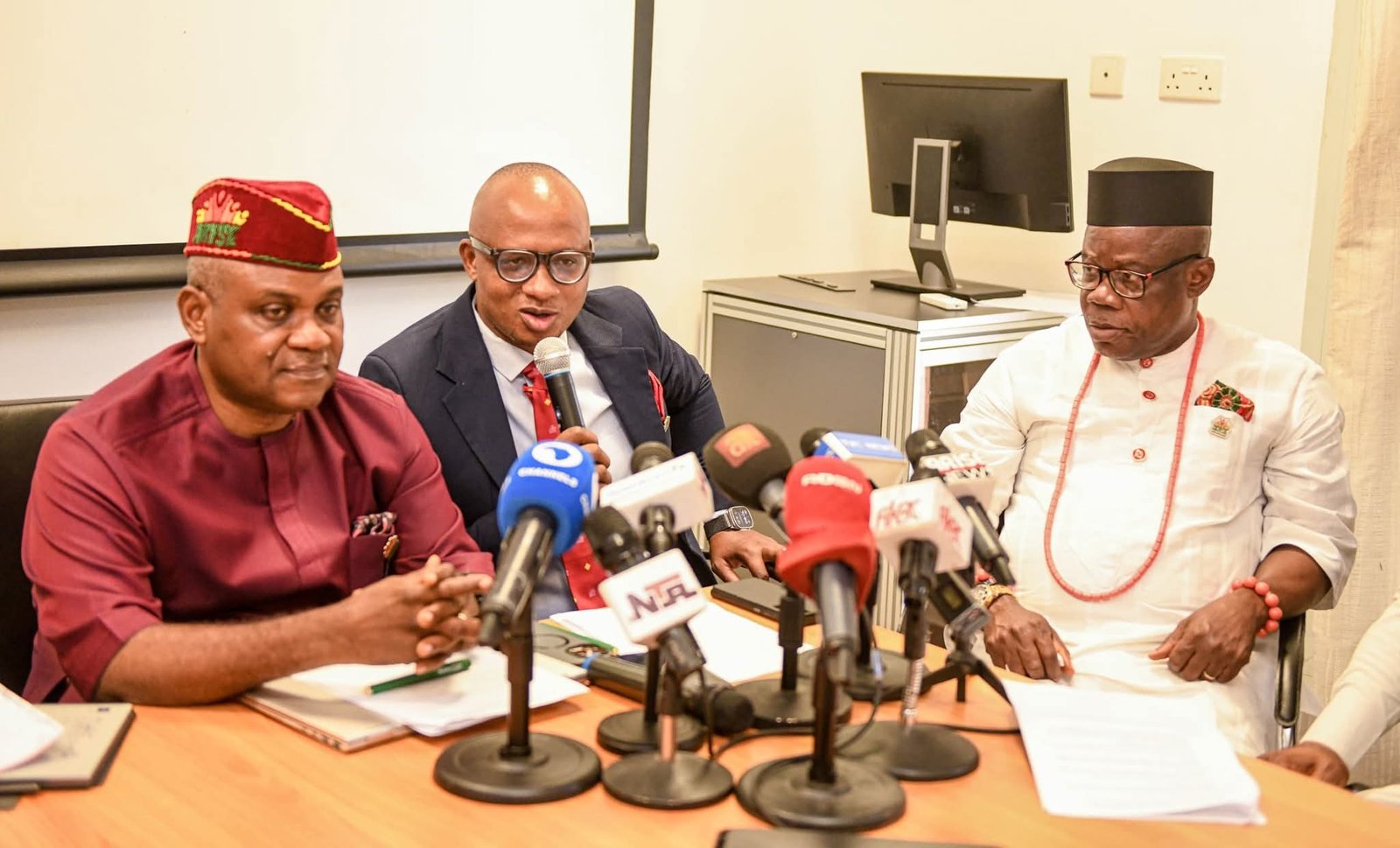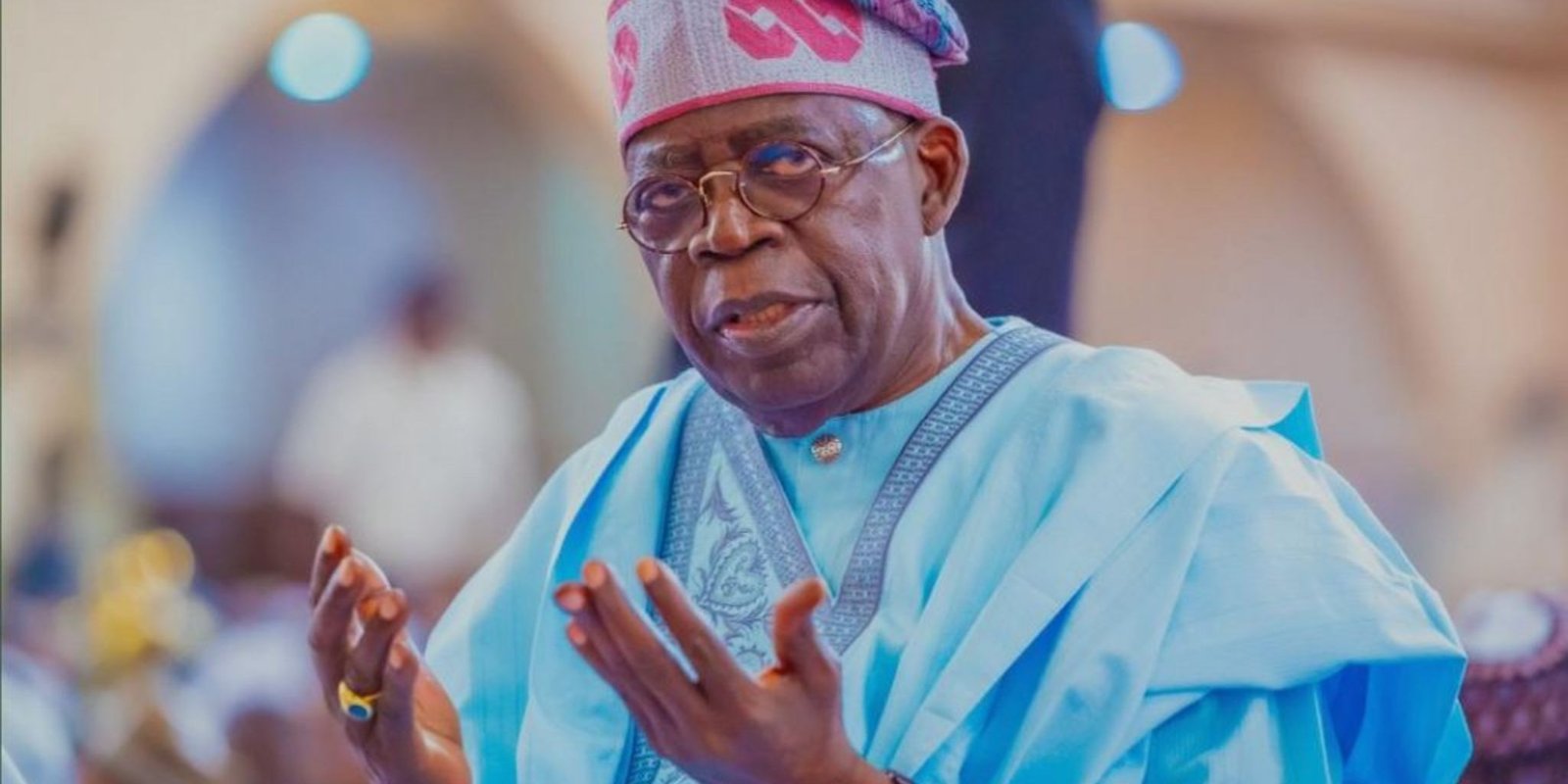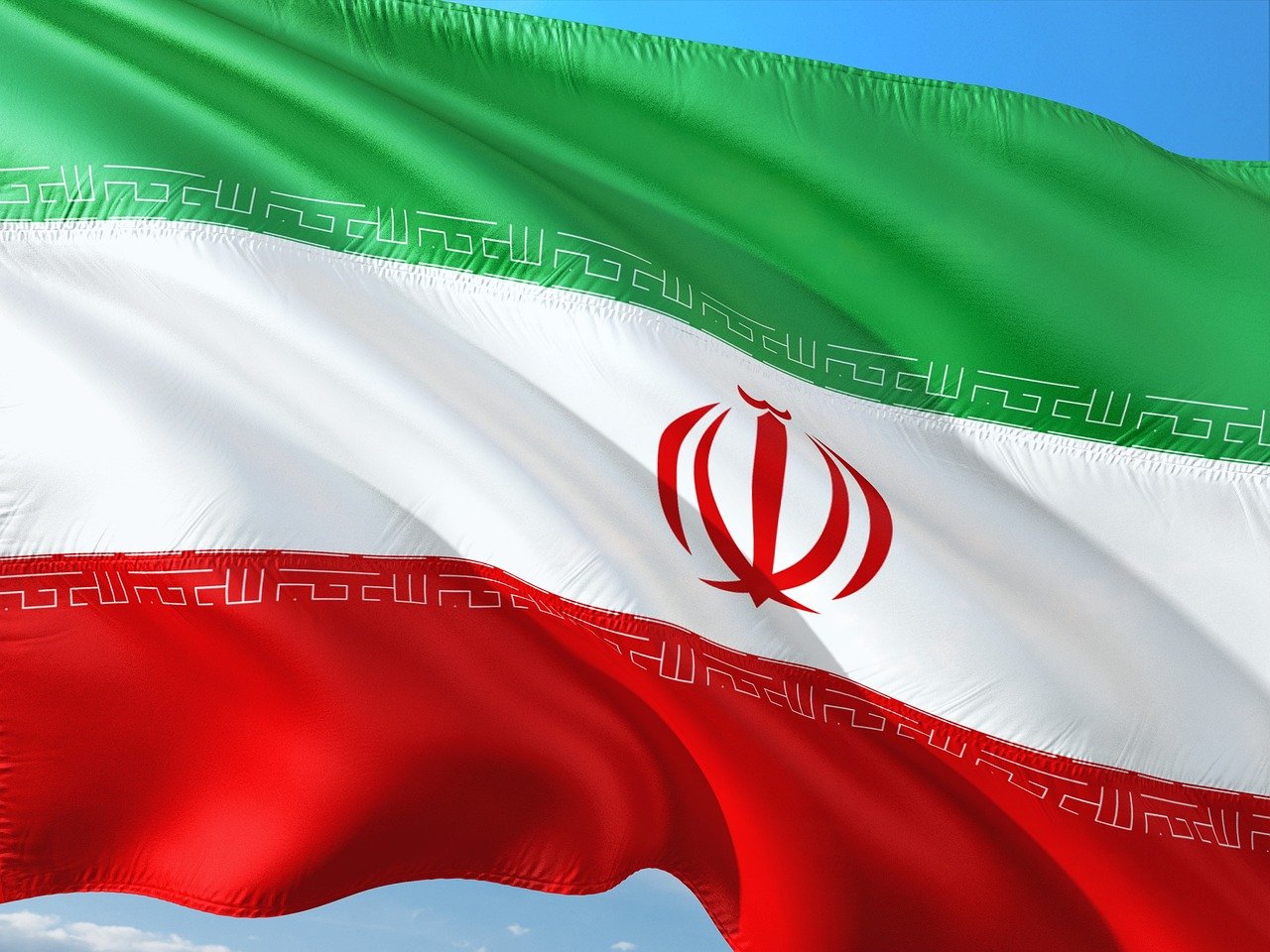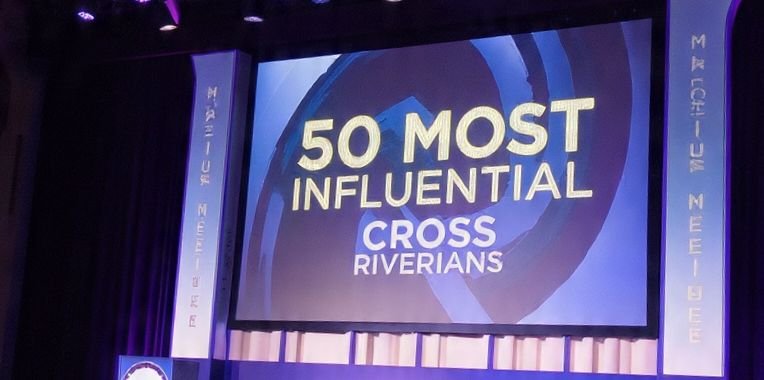Nigeria’s Minister of Finance and Coordinating Minister of the Economy, Wale Edun, has said the country will not be severely affected by the United States’ decision to impose a tariff on certain imports from countries without a trade agreement, due to the dominance of crude oil and mineral products in its US -bound exports.
“It’s not too bad,” Mr Edun said on Monday at the inaugural Corporate Governance Forum organised by the Ministry of Finance Incorporated in Abuja.
“Oil minerals are excluded by America from being in any way sanctioned with tariffs.”
The US tariff adjustment comes amid growing trade tensions and a review of developing countries’ access to preferential treatment under American trade law.
Although Nigeria is not among countries like Vietnam and Thailand facing steeper duties, its non-oil exporters are now subject to a 14 per cent levy — potentially hurting sectors like agriculture, textiles and processed goods.
But Mr Edun sought to allay concerns. He cited official data showing that oil and minerals made up 92 per cent of Nigeria’s exports to the US in 2024, amounting to N5.08 trillion out of a total of N5.5 trillion. Non-oil exports accounted for just N0.44 trillion.
“Consequently, the tariff effect on exports is negligible if we sustain our oil and minerals export volume,” he said.
“Based on the formula that the Americans [are] using, we do have a 14 per cent tariff on our exports, but it’s a lot better than Vietnam, which has 46 per cent.”
Despite this, Mr Edun revealed that the Economic Management Team has been instructed to re-examine the 2025 budget in light of global trade shifts and first-quarter economic performance.
“We are going back to the drawing board to look at our budget all over again, because we have to see what changes have been made in the assumptions that underlay the production of that budget and the reality over the first quarter and even projected into the future,” he said.
The minister also used the occasion to reaffirm President Bola Tinubu’s push for private sector-led growth, asset optimisation and reforms within state-owned enterprises.
“The commitment, the determination, the strategy of His Excellency, Mr President, is private-sector-led investment and growth,” Mr Edun said.
“These portfolio companies appear to attract, as is appropriate, private sector investment. The first thing that they need is strong, efficient, up-to-date corporate London practice and performance.”
READ ALSO: Nigeria, Saudi Arabia Sign MoU to Strengthen Fight Against Global Drug Trafficking
He suggested that global manufacturers facing high tariffs elsewhere could consider Nigeria as an alternative production hub.
The minister pointed out that Nigeria could be an attractive alternative for manufacturers currently facing high tariffs in other regions, particularly Vietnam, which faces a 46 per cent tariff on its exports to the US.
In comparison, Nigeria’s 14 per cent tariff is seen as less burdensome, giving the country an edge. He emphasised that Nigeria’s stable economy, favourable exchange rate, and growing investment environment make it an ideal destination for companies looking to relocate production from higher-tariff nations.
He also stressed that Nigeria is prepared to take advantage of these opportunities. With its relatively low tariff exposure and a market-friendly environment, Mr Edun believes the country could benefit from companies seeking to diversify their supply chains or shift production away from more heavily taxed regions like Vietnam.
“Nigeria of today, with a relatively stable economy and an attractive investment environment, including attractive exchange rate, is a place where, if they can’t produce in Vietnam, they can come and produce in Nigeria. We are here already. We are waiting,” he said.
Economic progress
The minister highlighted Nigeria’s recent economic rebound. After years of fragile growth and mounting debt, the economy expanded 3.40 per cent in 2024, its fastest pace in three years, led by growth in services such as finance, ICT, and transport.
Inflation, which had spiked to worrying levels, according to him, slowed for the second consecutive month in February, easing to 23.18 per cent. Food inflation also dipped, a welcome relief for households grappling with a cost-of-living crisis.
He also said the external sector has seen a dramatic turnaround. Net foreign exchange reserves rose to $23.3 billion by end-2024, up from just $4 billion a year earlier. Gross reserves stood at $40.9 billion. The naira, while still trading at about N1,600 to the dollar, has shown signs of stabilisation following earlier volatility.
Fiscal reset
He said Nigeria’s public finances have also stabilised. According to him, the removal of fuel subsidies and exchange rate reforms contributed to a more than 60 per cent rise in federal revenues last year. Deficit-to-GDP has narrowed from 6.2 per cent in 2023 to 4.4 per cent, while the government’s debt service-to-revenue ratio dropped sharply—from 149 per cent to 60 per cent.
Mr Edun said the current N54.99 trillion ($36.7 billion) budget for 2025 reflects an ambitious plan to tackle Nigeria’s massive infrastructure gap, with a mix of domestic and foreign borrowing aimed at attracting private investment. Debt levels remain high in nominal naira terms, due largely to exchange rate depreciation, but the administration insists it is committed to sustainable debt management under guidance from the Debt Management Office.
SOEs and governance
The Finance minister’s remarks also doubled as a call for better corporate governance—particularly across Nigeria’s State-Owned Enterprises (SOEs), which he described as critical yet often underperforming assets.
“Too many of our SOEs have suffered from inefficiency, poor financial stewardship, and weak oversight,” Mr Edun said. “The issue is not whether they should exist, but whether they can be reformed to deliver real value.”
Key among those reforms is the restructured Ministry of Finance Incorporated (MOFI), now functioning as Nigeria’s official asset manager. MOFI is working with the World Bank to implement a new corporate governance scorecard for SOEs, aimed at boosting transparency, financial discipline and operational efficiency.
Success stories are beginning to emerge. Mr Edun singled out Nigeria LNG, the Development Bank of Nigeria, and the Bank of Industry for setting examples in governance and performance. The Nigerian National Petroleum Company Limited (NNPC), reconstituted as a commercial entity, is also undergoing a major transformation.
The minister called for institutionalising governance metrics, strengthening fiscal oversight, boosting public-private partnerships, and reforming Nigeria’s legal and regulatory frameworks.
“Reforms must be deepened, governance must be strengthened, and our export resilience must extend beyond oil,” he said.
Power Sector
At the event, Minister of Power Adebayo Adelabu said the unbundling of the Transmission Company of Nigeria into two distinct entities—the Nigeria Independent System Operator (NISO) and the Transmission Service Provider (TSP)—demonstrated the government’s resolve to embed better governance within the sector.
“The unbundling is not merely administrative,” Mr Adelabu said. “It reflects our commitment to fostering operational clarity, transparency, and ultimately, value creation through better corporate governance.”
He stressed that both entities must be governed “with integrity, independence and accountability” to fulfil their mandates. Good corporate governance, he said, would not only ensure operational excellence but also “bolster investor confidence, facilitate regulatory compliance and protect public interest.”
Mr Adelabu commended the MOFI for introducing a Corporate Governance Scorecard, calling it “an important step in building a culture of performance and transparency.”
“We will continue to work with the relevant authorities to ensure that the governance frameworks of NISO, TSP and other power sector entities are clear, functional and fit for purpose,” he added. “For us in the Nigeria power sector, good corporate governance is not a luxury. It is a necessity.”
© Premium Times




